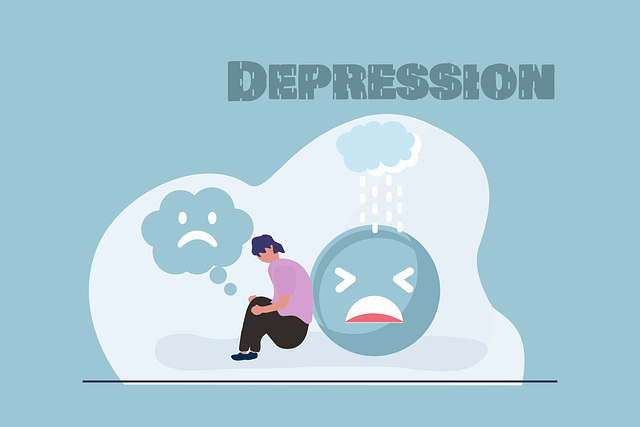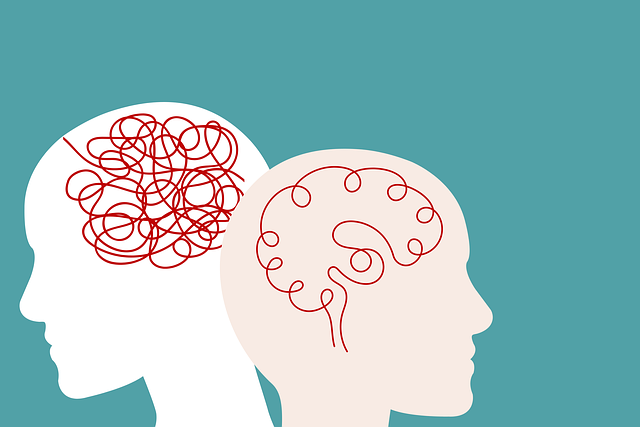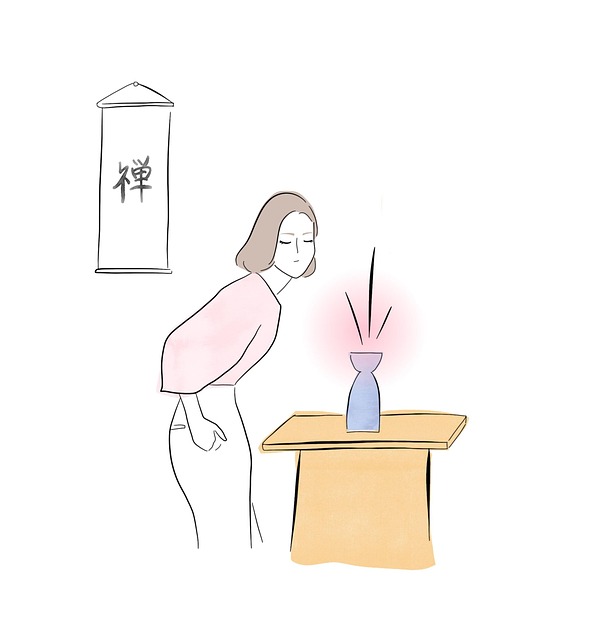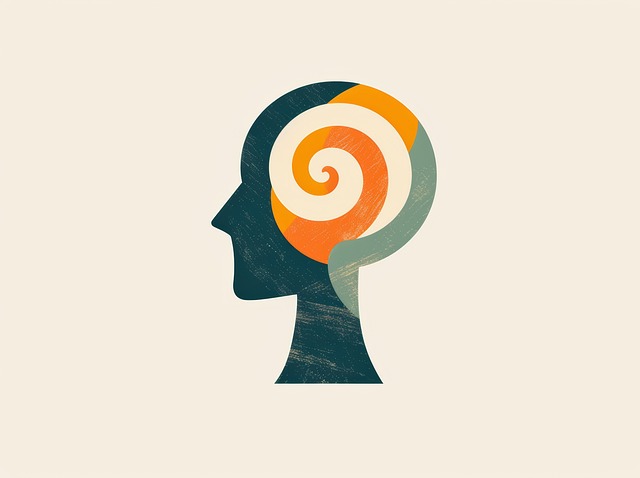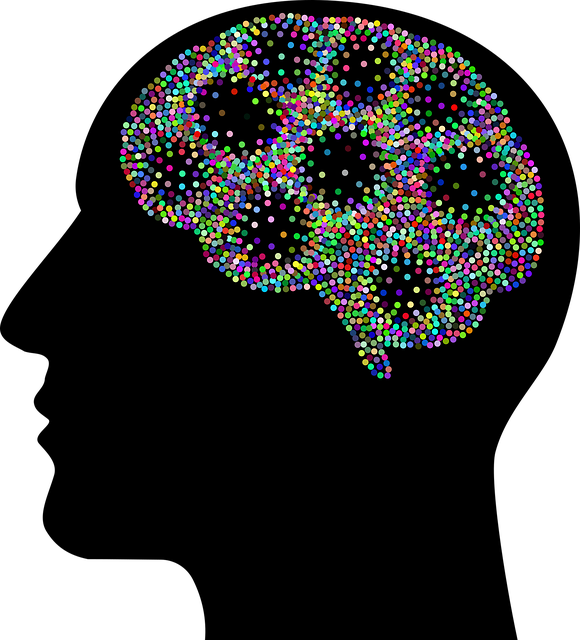Golden Phobias Therapy is a cognitive-based approach using positive thinking to overcome specific fears and phobias, reducing anxiety and depression. By identifying and challenging negative thought patterns through exercises like Cognitive Restructuring, individuals gain resilience and improved mental wellness. This therapy incorporates mindfulness and gratitude practices for emotional well-being, offering long-lasting relief and enhanced quality of life. Public awareness and burnout prevention strategies further support its effectiveness in navigating fears and phobias.
Discover the power of positive thinking with our comprehensive guide. Explore how this practice can significantly impact mental health, as evidenced by Golden Phobias Therapy. Learn effective strategies to identify and overcome negative thought patterns. Understand cognitive restructuring techniques and discover practical daily exercises to cultivate a positive mindset. Enhance your well-being through gratitude and mindfulness practices, offering a holistic approach for a happier, healthier life.
- Understanding Positive Thinking and Its Impact on Mental Health
- Identifying and Challenging Negative Thought Patterns
- The Role of Cognitive Restructuring in Golden Phobias Therapy
- Practical Techniques for Daily Positive Thinking Exercises
- Incorporating Gratitude and Mindfulness for Enhanced Well-being
Understanding Positive Thinking and Its Impact on Mental Health

Positive thinking is a powerful tool for transforming one’s mental health and overall emotional well-being. It involves cultivating optimistic attitudes and beliefs, which can significantly impact an individual’s daily life. By embracing positive thinking, people can reduce the grip of negative thoughts, commonly associated with conditions like anxiety and depression. This simple yet profound practice has been recognized as an effective Emotional Well-being Promotion Technique by mental health professionals worldwide.
This mindset shift is particularly beneficial in managing various psychological challenges. For instance, Golden Phobias Therapy leverages positive thinking to help individuals confront and overcome specific fears or phobias. Through structured exercises and techniques, this therapy guides people towards a more positive perception of their triggers, fostering self-esteem improvement and enhancing mental wellness. The process encourages individuals to replace negative thought patterns with constructive ones, ultimately leading to improved resilience and overall mental health. Additionally, the Mental Wellness Podcast Series Production can be a medium to share insights on positive thinking, offering practical strategies for incorporating it into daily routines.
Identifying and Challenging Negative Thought Patterns

Identifying negative thought patterns is a crucial step in cultivating positive thinking. Many people, without realizing it, fall into the trap of recurring negative thoughts and automatic negative reactions, which can significantly impact their mental health awareness and overall well-being. These patterns often manifest as self-criticism, catastrophizing, or all-or-nothing thinking, leading to increased anxiety relief stress and even exacerbating symptoms of mental illness.
By practicing Golden Phobias Therapy, individuals can learn to recognize these unhelpful thought processes. This involves paying close attention to one’s inner dialogue during moments of heightened emotion. Once identified, these negative thoughts can be challenged and replaced with more realistic and balanced alternatives. Mental illness stigma reduction efforts emphasize the power of this process in fostering resilience and improving overall mental health awareness, ultimately leading to a healthier and more positive mindset.
The Role of Cognitive Restructuring in Golden Phobias Therapy

Cognitive Restructuring is a key component of Golden Phobias Therapy, aiming to challenge and replace negative thought patterns with more positive and realistic ones. This process involves identifying distorted cognitions, such as all-or-nothing thinking or jumping to conclusions, that contribute to fear and anxiety. By understanding these cognitive distortions, individuals can begin to develop inner strength by replacing them with balanced perspectives that foster resilience.
Public Awareness Campaigns Development and education play a crucial role in promoting this therapy’s effectiveness. Increasing public awareness about Golden Phobias and the availability of treatments like Cognitive Restructuring can reduce stigma and encourage those affected to seek help. Moreover, Burnout Prevention Strategies for Healthcare Providers are essential to ensure professionals are equipped to offer compassionate and skilled support during the therapeutic journey, enhancing overall treatment outcomes.
Practical Techniques for Daily Positive Thinking Exercises

Incorporating Gratitude and Mindfulness for Enhanced Well-being

Incorporating gratitude and mindfulness practices into daily routines can significantly enhance emotional well-being and serve as a powerful tool in Golden Phobias Therapy. By fostering a mindset of appreciation, individuals can shift their focus from negative thoughts to the abundance present in their lives. This simple yet profound change can lead to reduced anxiety and an improved mental health policy analysis and advocacy perspective. Practicing gratitude encourages folks to acknowledge the positive aspects, no matter how small, which can revolutionize their overall outlook on life.
Mindfulness, the act of being fully present in the moment, is a technique that promotes emotional well-being promotion techniques. It helps individuals become more aware of their thoughts and feelings without judgment. By combining gratitude and mindfulness, people can navigate life’s challenges with greater resilience and clarity, ultimately leading to enhanced mental health and reduced symptoms of anxiety.
Implementing positive thinking exercises, as discussed in this article, can significantly enhance mental health and well-being. By understanding the impact of positive thinking, identifying and challenging negative thought patterns, and utilizing techniques like cognitive restructuring and gratitude mindfulness, individuals can navigate life with a more optimistic perspective. Incorporating these practices into daily routines, inspired by Golden Phobias Therapy’s success in fostering mental resilience, allows for personal growth and improved overall happiness.






